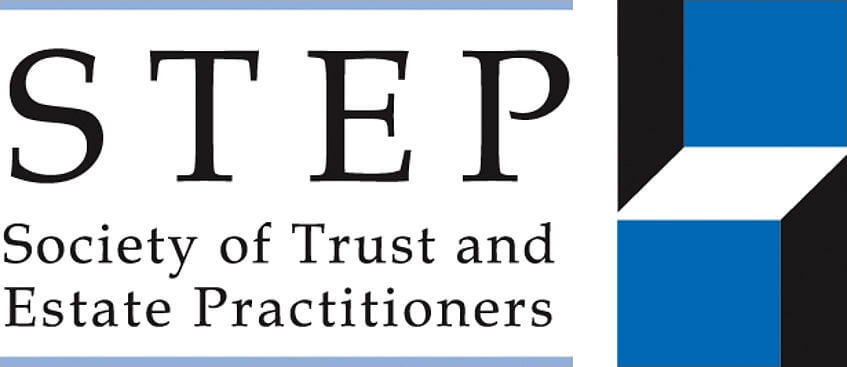In light of the impending Budget release on the 11 March, Milford & Dormor Financial Planning decided to sit down and assess current speculation and how it could potentially affect your personal financial interests.
Perhaps the largest proposition from the Treasury, and one that that is seen as potentially politically controversial, is the plan to cut the pension tax relief for higher earners from 40% down to 20%. Currently, tax is not paid on pension contributions subject to the annual allowance of £40,000.

For individuals this will mean higher earners are finding themselves penalised when it comes to large contributions.
Also predicted to change is the expansion of inheritance tax to cover business assets and shares. As it stands, inheritance tax makes estates liable to pay 40% in tax on assets worth more than £325,000, or £475,000 if a home left to children or grandchildren. Over the next decade it has been calculated that this will raise receipts to the tune of £10 billion, however if families and businesses belonging to them are to be denied tax breaks, this figure could rise substantially in billions of pounds and mean less relief for larger estates.
A recent consultation on inheritance tax has considered the possibility of reducing inheritance tax on death to 10% for estates above £325,000 and 20% over £2 million. In addition, it has been proposed to introduce a lifetime tax on gifts of 10% above £30,000 each year.
The Conservatives’ manifesto pledged ambitious spending initiatives, including the development of the HS2, improvements to care services and investment in climate change. This leaves an excess of roughly £100 billion that will need to be accounted for; with the Tory’s promise not to raise regular taxes, the conundrum remains as to where these funds will likely be sourced from.
If you would like to talk to us about your personal financial interests and how they may be affected post-budget, feel free to reach out by emailing enquiries@milfordanddormorfp.co.uk or call us on 01395 875500.







